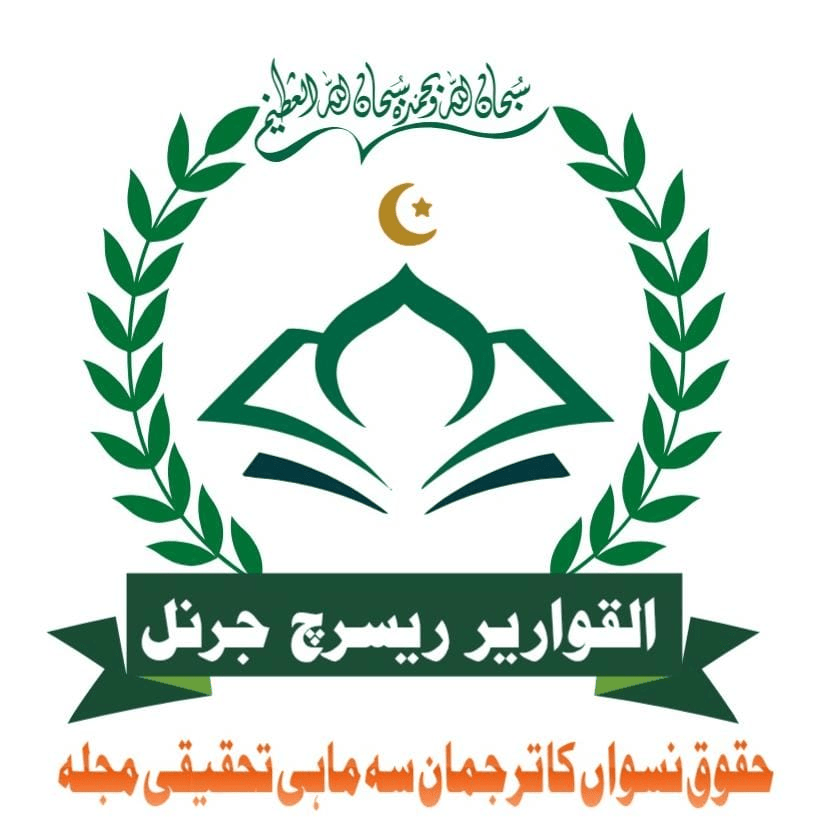عورت کی اقتصادی خودمختاری اور حیثیت (قرآن و سنت کی روشنی میں ایک تحقیقی جائزہ )
Abstract
Women have a respectable role in Islamic society. The position and status that Islam has bestowed on women in the development and training of society is unparalleled in the entire history of humanity. If we look at the age of ignorance, keeping aside the status of a woman, she did not even have the right to live. The Arabs used to bury her alive considering her existence a disgrace. And the condition of the people of India was that on the death of her husband, her widow was also used to be burnt along with him at the same time. In some other civilizations too, women were treated like animals. No civilization or society has given women social, legal or economic rights. Islam is the only religion that has given dignity and high status to woman as mother, sister, daughter or wife. Islam considered her a mercy and gave her equal social, legal and economic rights as men. As a matter of fact, women were always considered economically weak which led to her exploitation. The West gave her limitless economic freedom for culmination of this exploitation, which brought with it other perilous shortcomings. But Islam took a controlled, fair and moderate path in this field and gave women balanced economic rights. Islam gave women the right to property, the right to dowry, inheritance, the right to work and business. Therefore, in Islam, women are free in financial and economic matters. But along with this freedom, they are bound to respect the social values and boundaries associated with it. In this research paper, while from the Islamic point of view, the economic status of women in the society has been clarified and their autonomy in this field has been discussed, at the same time, their rights and duties have also been explained and their boundaries and values in this field have also been clarified. This article will illuminate further angles of research for researchers.
Downloads
Downloads
Published
Issue
Section
License
Copyright (c) 2024 Dr. Ghulam Safoora , Dr. Mohsin Raza Hashmi (Author)

This work is licensed under a Creative Commons Attribution-NonCommercial-NoDerivatives 4.0 International License.




